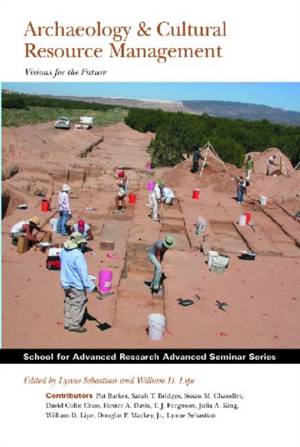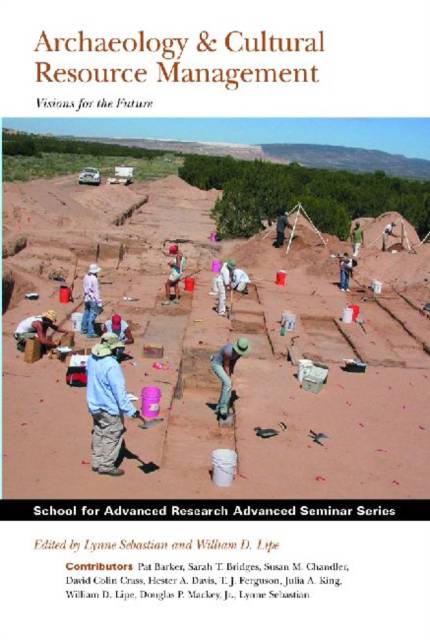
- Retrait gratuit dans votre magasin Club
- 7.000.000 titres dans notre catalogue
- Payer en toute sécurité
- Toujours un magasin près de chez vous
- Retrait gratuit dans votre magasin Club
- 7.000.0000 titres dans notre catalogue
- Payer en toute sécurité
- Toujours un magasin près de chez vous
Archaeology and Cultural Resource Management
Visions for the Future
Description
By most estimates, as much as 90 percent of the archaeology done in the United States today is carried out in the field of cultural resource management (CRM). The effects of this work on the archaeological record, the archaeological profession, and the heritage of the American people would be difficult to overemphasize. CRM archaeology affects a wide range of federally funded or authorized developments. It influences how archaeologists educate their students, work with indigenous people, and curate field records and artifacts. It has yielded an enormous wealth of data on which most recent advances in the understanding of North American archaeology depend. This is "public" archaeology in the clearest sense of the word: it is done because of federal law and policy, and it is funded directly or indirectly by the public. The contributors hope that this book will serve as an impetus in American archaeology for dialogue and debate on how to make CRM projects and programs yield both better archaeology and better public policy.
This School for Advanced Research advanced seminar book is the product of a Douglas W. Schwartz Advanced Seminar in Anthropological Archaeology.
Spécifications
Parties prenantes
- Editeur:
Contenu
- Nombre de pages :
- 368
- Langue:
- Anglais
- Collection :
Caractéristiques
- EAN:
- 9781934691168
- Date de parution :
- 29-03-10
- Format:
- Livre broché
- Format numérique:
- Trade paperback (VS)
- Dimensions :
- 150 mm x 226 mm
- Poids :
- 498 g






